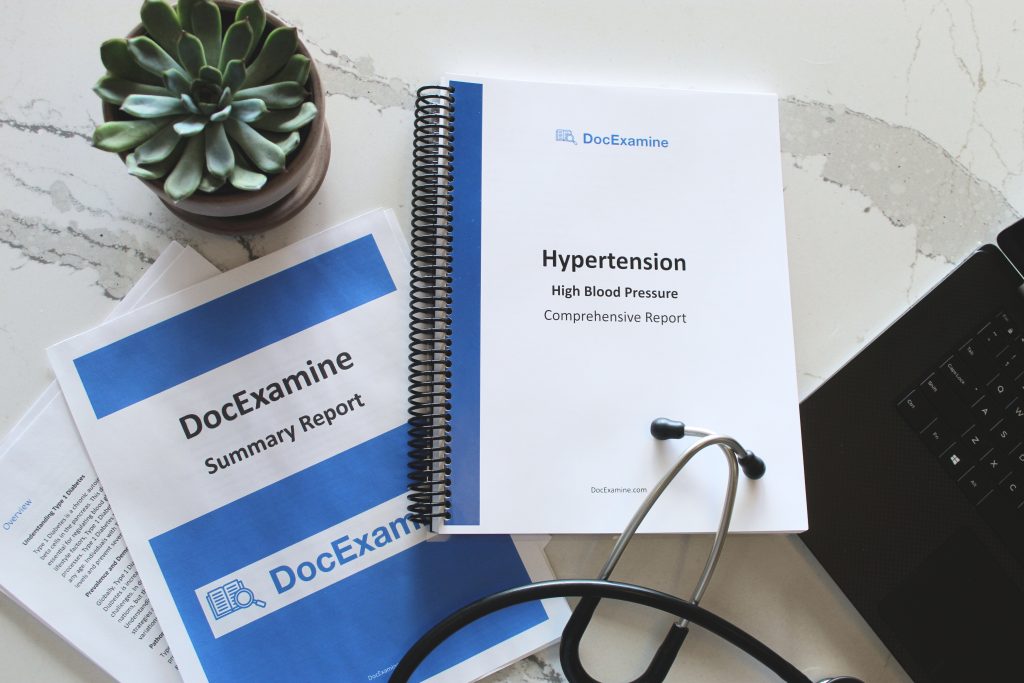
Inflammatory Bowel Disease (IBD) is a complex condition that not only affects your digestive tract but also intertwines with your emotional and mental well-being. Emerging research shows that chronic stress can worsen IBD symptoms and even disrupt the balance of your gut microbes. This blog post explores the powerful connection between stress and gut health, and how mindfulness and lifestyle tweaks can play a pivotal role in reducing flare-ups.

How Stress Impacts Your Gut
When you experience stress, your body responds by releasing hormones like cortisol and adrenaline. While these hormones are essential for the “fight-or-flight” response, prolonged exposure can trigger a cascade of effects, particularly in your digestive system:
- Increased Inflammation: Chronic stress can amplify inflammatory responses, making the gut lining more susceptible to damage.
- Microbial Imbalance: Stress alters the gut microbiota—reducing beneficial bacteria and allowing harmful microbes to flourish, which may further aggravate IBD symptoms.
- Disrupted Gut Barrier: Heightened stress levels can compromise the intestinal barrier, leading to “leaky gut,” where toxins and bacteria can cross into the bloodstream and fuel inflammation.
Understanding these physiological changes underscores the importance of integrating stress management into your IBD care plan.

Mind-Body Techniques to Soothe the Gut
Incorporating mind-body techniques into your daily routine can make a significant difference in managing IBD. Here are some practical strategies:
- Mindfulness Meditation:
Practicing mindfulness meditation helps you stay present and manage anxiety. Just a few minutes a day can lower cortisol levels and reduce the intensity of gut inflammation. - Yoga and Gentle Exercise:
Yoga combines physical movement with breath control, helping to alleviate stress while gently stimulating the digestive system. Low-impact exercises such as walking or tai chi also contribute to overall well-being. - Deep Breathing Exercises:
Simple deep-breathing techniques can activate your parasympathetic nervous system—the “rest and digest” response—which helps calm the body and support digestive health. - Dietary Adjustments:
Eating a balanced diet that supports gut health is crucial. Incorporate anti-inflammatory foods, such as omega-3 rich fish, leafy greens, and probiotics from yogurt or fermented foods to nurture your gut microbiota. - Adequate Sleep and Rest:
Never underestimate the power of sleep. Quality rest allows your body to repair and rejuvenate, directly impacting your gut’s ability to manage inflammation. - Stress Journaling:
Writing down your thoughts and feelings can serve as an outlet for stress. Tracking your emotions alongside your physical symptoms may also help you identify triggers for flare-ups. - Social Support:
Connecting with others who understand the challenges of living with IBD can reduce feelings of isolation and provide valuable coping strategies.

Real-Life Impact
Many individuals with IBD have found that by integrating these mind-body practices into their routines, they experience fewer and less severe flare-ups. Whether it’s through daily meditation, regular exercise, or mindful eating, these techniques help mitigate the adverse effects of stress on the gut.

Conclusion
Taking control of your stress levels is a powerful step toward managing IBD effectively. By harnessing mind-body techniques, you can not only ease the emotional burden of this condition but also potentially reduce the severity of your gut symptoms.





